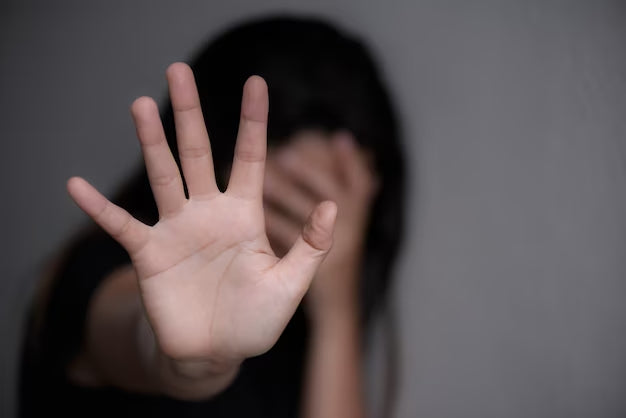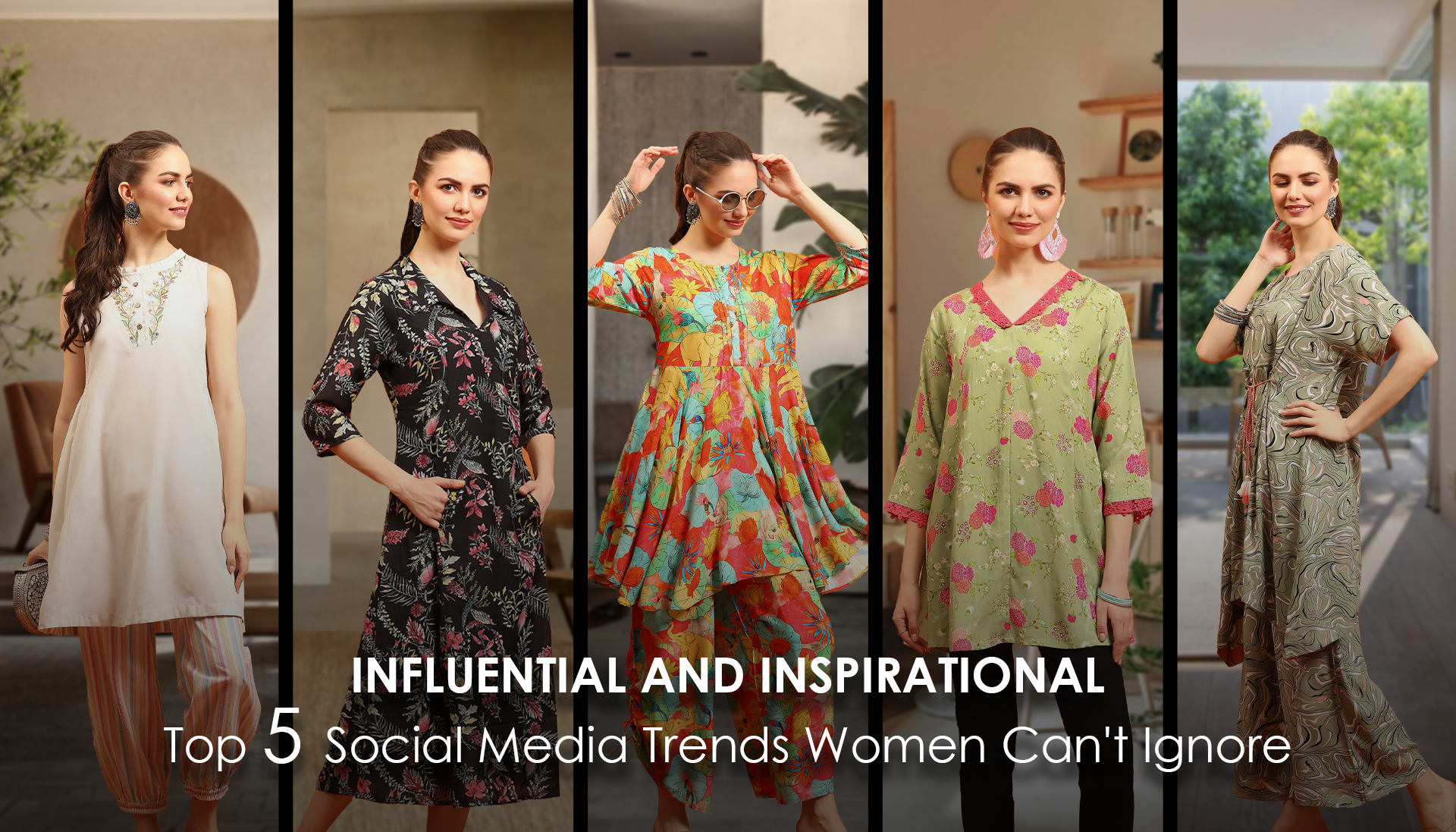Breaking Barriers: An Open Discussion On Issues Faced By Women Today

Women have come a long way in the fight for equality, but there are still numerous barriers they face in various aspects of life. It is crucial to engage in an open and honest discussion about the challenges that women continue to encounter in order to create awareness, promote change, and empower women across the globe. In this blog, we delve into some of the key issues faced by women today, shedding light on the need for progress and solidarity.
Gender Inequality in the Workplace
Gender inequality remains a pervasive issue in workplaces worldwide. Women continue to face disparities in terms of pay, promotions, and leadership opportunities.

The gender pay gap persists, with women earning less than their male counterparts for equal work. Breaking barriers in the workplace requires implementing fair and inclusive policies, challenging gender stereotypes, and fostering an environment that values and supports women's contributions.
Lack of Representation in Leadership Roles
The underrepresentation of women in leadership positions is a significant barrier to gender equality. Women face obstacles when climbing the corporate ladder, including limited opportunities, bias, and stereotypes that question their ability to lead effectively.

It is crucial to encourage and support women's advancement into leadership roles, creating inclusive environments that recognize and appreciate diverse leadership styles.
Violence Against Women
Violence against women is a global issue that affects millions of lives. Physical, emotional, and sexual violence persists in both public and private spaces. It is essential to address this issue by raising awareness, promoting education, and establishing comprehensive support systems for survivors.

By fostering a culture of respect and empathy, we can work towards eradicating violence against women and creating safer communities for all.
Gender Stereotypes and Expectations
Gender stereotypes and societal expectations often impose limitations on women's choices and opportunities. From childhood, girls are socialized to adhere to narrow gender roles and expectations, impacting their career choices, personal aspirations, and overall autonomy.

Breaking these barriers involves challenging and dismantling harmful stereotypes, supporting girls' education and empowerment, and encouraging individuals to embrace their authentic selves.
Reproductive Rights and Health
Women's reproductive rights and health continue to be areas where barriers exist. Access to comprehensive reproductive healthcare, contraception, and family planning services varies around the world.

Protecting and advancing reproductive rights is vital in ensuring women have autonomy over their bodies, can make informed decisions about their reproductive health, and have access to safe and legal options.
Intersectionality and Multiple Forms of Discrimination
Intersectionality recognizes that women face unique challenges based on the intersection of their gender with other aspects of their identity, such as race, ethnicity, class, and sexuality. Discrimination can be compounded for women who belong to multiple marginalized groups, leading to additional barriers and inequalities. Addressing intersectionality involves acknowledging and challenging systemic discrimination, amplifying diverse voices, and promoting inclusive policies and practices.
Balancing Work and Family Responsibilities
The struggle to balance work and family responsibilities is a significant challenge faced by many women. Societal expectations often place the burden of caregiving disproportionately on women, affecting their career progression and overall well-being.

Achieving a more equitable work-life balance requires supportive policies such as flexible work arrangements, affordable childcare, and shared caregiving responsibilities among partners.
Body Image and Beauty Standards
Societal beauty standards often place immense pressure on women to conform to narrow and unrealistic ideals. This can lead to body dissatisfaction, low self-esteem, and mental health issues.

Promoting body positivity and challenging beauty norms is crucial for empowering women to embrace their diverse bodies and redefine beauty on their own terms. Emphasizing the importance of inner qualities, talents, and achievements can help shift the focus away from physical appearance.
Lack of Female Political Representation
Women's underrepresentation in politics is another barrier to achieving gender equality. Women continue to be significantly underrepresented in national governments, parliaments, and decision-making positions. Increasing female political representation is vital for ensuring that women's voices, perspectives, and priorities are included in policy-making processes. Encouraging women's participation in politics, implementing quotas, and addressing systemic biases can help break this barrier.
Breaking barriers and achieving gender equality is a collective responsibility that requires ongoing dialogue, awareness, and action. By discussing the issues faced by women today, we can shed light on the systemic inequalities that persist and work towards a more inclusive and empowering future. It is crucial to challenge gender norms, support women's leadership, advocate for reproductive rights, and address intersecting forms of discrimination. Together, we can break down the barriers that hinder women's progress, creating a world where every woman has equal opportunities and the freedom to live their lives authentically and to their fullest potential.

